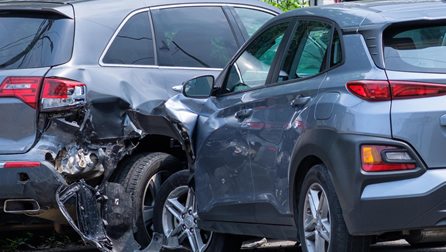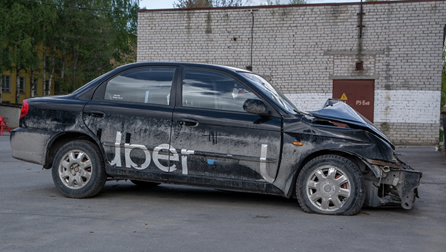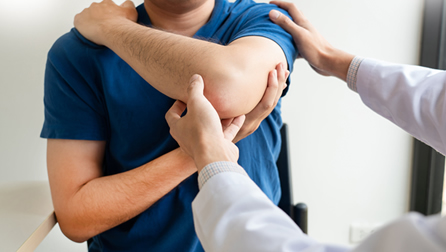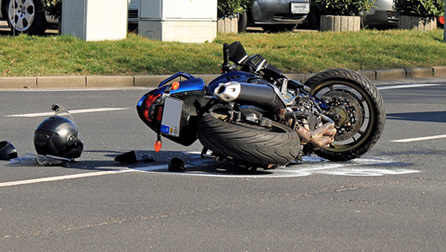Accidents
Truck Accidents
Uber and Lyft Accidents
Personal Injury
Motorcycle Accidents
Bicycle Accidents
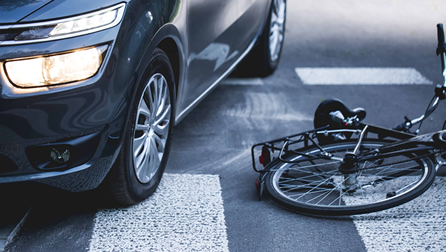
Who could forget the tragic events of Mardi Gras 2019 when a drunk driver plowed into a packed bicycle lane, killing two cyclists and injuring seven others? The crime, for which the driver was sentenced to 90 years in prison, was among the most egregious examples of a driver acting aggressively toward and with wanton …
Workplace Accidents
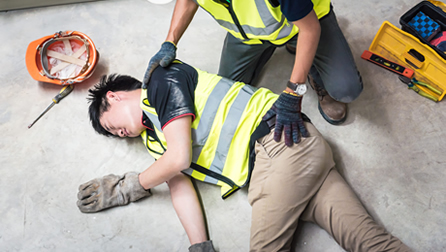
According to the U.S. Bureau of Labor Statistics, in 2018 there were 2.8 million nonfatal workplace injuries and illnesses reported by private employers, and 5,250 American workers lost their lives due to workplace injury or illness. The most common workplace injuries in the U.S. include: Motor vehicle accident injuries Slip and fall accidents Falls from …
Rental Car Accidents
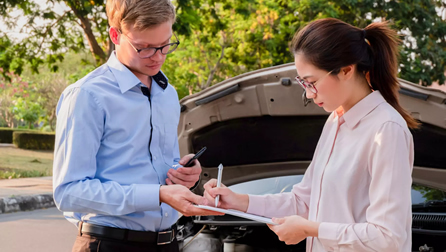
There are around two million rental cars in the United States. Automobile rentals are a $36-billion-a-year industry, driven by tourism and work travel. And tourism is big business for Louisiana. More than 51 million people visited the state in 2018, and even as tourism has slowed in the state during the COVID-19 pandemic, tourism within …
Tourist Accidents
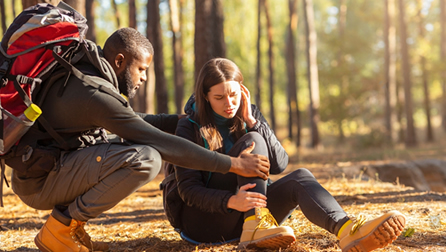
Tourism plays a huge role in Louisiana’s economy. In 2018, 51.3 million people visited the state, setting a new record. Tourists spent nearly $19 billion and brought in nearly $2 billion in state and local tax revenue. In New Orleans alone, more than a million visitors flood the city’s streets for our parades and celebrations …
Pedestrian Accidents
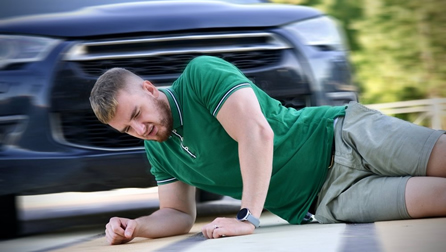
Pedestrian accidents are an all too common occurrence in the Bayou State. On average, four pedestrians a day in Louisiana are struck by a motor vehicle. In 2018, Louisiana was ranked as the second most deadly state for pedestrians by the National Highway Safety Administration with a rate of 3.5 pedestrian deaths per 100,000 residents, …

